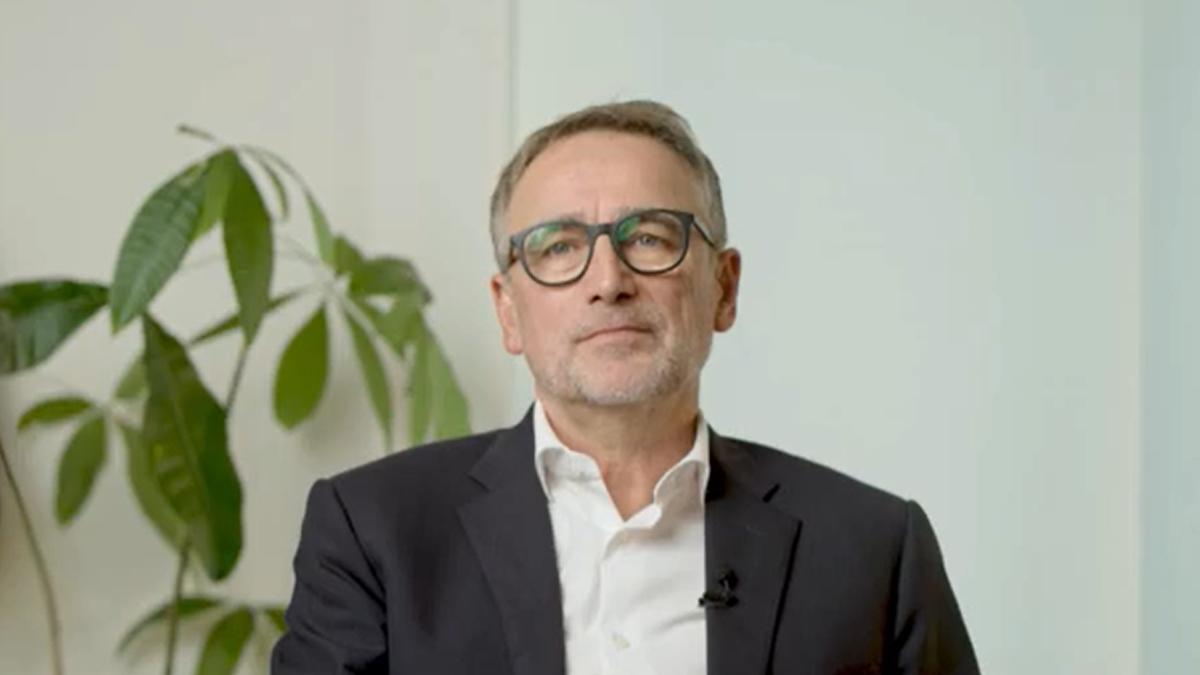GSK sells travel vaccines to Bavarian Nordic

GlaxoSmithKline (GSK) has sold off two travel vaccines to Bavarian Nordic, as the company shifts its focus away from drugs it acquired through a multi-billion “asset swap” deal with Novartis a few years ago.
In the complex deal reached in 2015, GSK swapped its portfolio of cancer drugs with Novartis, with the Swiss firm’s vaccines business coming the other way.
But under the leadership of CEO Emma Walmsley, who took the reins at the UK pharma giant in 2017, the focus has moved back to oncology and other areas that could produce blockbuster-level revenues.
A share of a consumer health joint venture with Novartis also came as part of the asset swap, and it looks like most or all of the products from the 2015 deal are considered surplus to requirements.
GSK will receive 301 million euros (£259 million) up front, plus milestone payments to create a deal worth up to 955 million euros (£822 million) for the Rabipur/RabAvert rabies vaccine and Encepur for tick-borne encephalitis (TBE).
The UK-based company gave few other details about the deal, save that around 25 million euros (£21.5 million) is conditional upon the vaccines’ sales performance.
GSK said the move was part of a strategy to reinvest in “growth assets”, innovation, and to simplify the supply chain in its vaccines business.
To ensure supply continuity both vaccines will continue to be manufactured primarily at GSK’s Marburg site in Germany until full production is transferred to Bavarian Nordic.
A staged technology transfer is expected to begin in Q1 2020 with completion anticipated within five years.
No employees or manufacturing facilities are being transferred as part of the transaction, which is expected to close by the end of 2019.
Rabipur has been on the market for 30 years with backing from the WHO, and Encepur is indicated for active immunisation of high-risk populations against TBE.
GSK announced earlier this year that it will spin off its consumer health business as part of a joint venture with Pfizer.












